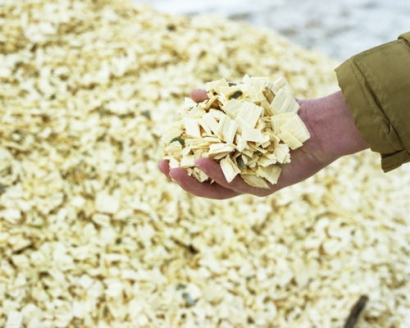
The report highlights the energy system is still largely dependent on imported fossil fuels, and while renewable consumption grew significantly in the last decade, their penetration in the market needs to accelerate.
Biomass is by far the main renewable energy source within the EU28 and in 2018 it accounted for more than 10% of the gross final energy consumption. The use of bioenergy has more than doubled since 2000 and contributes to all the final usage forms of energy i.e. heat, transport and electricity due to its storable, dispatchable and locally sourced nature.
Bioenergy accounts for 56.6% of the EU total renewable energy consumption representing the largest renewable source in Europe and will remain so in the coming decades. This confirms that the sector is an indispensable and unavoidable companion of the European energy system.
Furthermore, most biomass is locally sourced. Import dependency remains very low at 3.7% only. Bioenergy is an EU sourced energy and is now more important as indigenous source compared to coal, gas, or oil.
As bioenergy relies on feedstock from agriculture and forests streams, it is therefore a relatively job-intensive sector in comparison to other types of energy. In addition, bioenergy is largely produced in rural areas and thus has a positive socio-economic impact and is key driver of job creation.
With more than 50.000 business units, bioenergy is the largest renewable energy source in terms of direct and indirect employment, accounting for 708.600 jobs in the solid biomass, biofuels, biogas, and renewable municipal waste sectors.
In 2018, the sectors’ turnover represented €57.6 billion in the EU-28. Europe has become the leader in bioenergy technologies manufacturing and is the major exporter of advanced and innovative equipment and solutions. This strongly contributes to making the industry resilient to the disruptions of the global value chains.
But bioenergy in EU28 has also concrete environmental benefits, as it allowed to save 310 MtCO2eq, equivalent to around 7% of the EU28 GHG emissions in 2018, more than 2,5-fold the annual emissions of Belgium.
By 2050, renewable energy sources must supply the vast majority of our energy consumption if we want to achieve our carbon neutrality objective. A fair and coherent plan must be set now, with renewable sources forming the backbone of the EU energy mix. Bioenergy should play a crucial role in achieving these objectives, thanks to its flexibility and reliability.
On the manufacturing side, it is essential to review the European industrial strategy recognizing the decarbonization potential of bioenergy, as well as its potential for economic growth and job creation. This will play in favour of achieving strategic autonomy in technology manufacturing.

